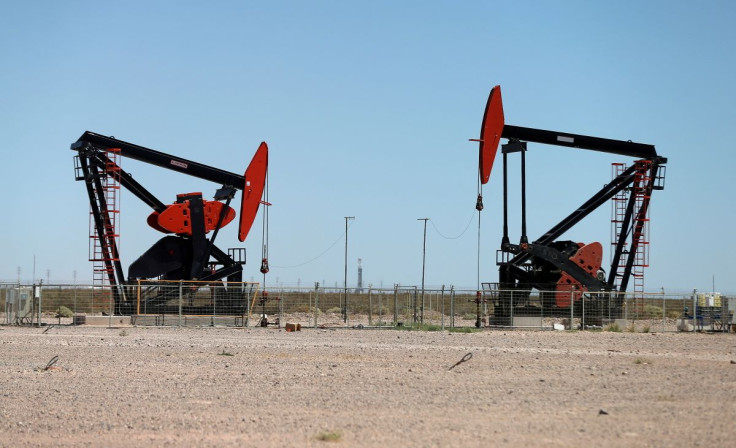Oil Falls 3% On Uncertainty Over Future OPEC+ Output, Recession Fears

Oil prices sank around 3% on Thursday as OPEC+ confirmed it would only increase output in August as much as previously announced despite tight global supplies, but left the market wondering about future output.
Brent crude futures for September delivery fell $3.42, or 3%, to settle at $109.03 per barrel. The August contract, which expires on Thursday, fell $1.45, or 1.3%, to settle at $114.81 a barrel.
U.S. West Texas Intermediate (WTI) crude futures fell $4.02, or 3.7%, to settle at $105.76 a barrel.
The OPEC+ group of producers, including Russia, on Thursday agreed to stick to its output strategy after two days of meetings. The producer club avoided discussing policy from September onwards.
Previously, OPEC+ decided to increase output each month by 648,000 barrels per day (bpd) in July and August.
Sanctions on Russian oil since Russia's invasion of Ukraine have helped send energy prices soaring, stoking inflation and recession fears.
Oil prices fell alongside Wall Street on Thursday. The S&P 500 was set up for its worst first six months since 1970, on concerns that central banks determined to tame inflation will hamper global economic growth. [.N]
Price declines in the oil market were exacerbated as U.S. traders squared positions ahead of the three-day Fourth of July holiday weekend.
"People are taking money off the table," said Phil Flynn, analyst at Price Futures Group in Chicago.
But further disruptions to supply could limit price declines amid a suspension of Libyan shipments from two eastern ports while Ecuador output fell because of ongoing protests.
In Norway, 74 offshore oil workers at Equinor's Gudrun, Oseberg South and Oseberg East platforms will go on strike from July 5, the Lederne trade union said on Thursday, likely shutting about 4% of Norway's oil production.
Meanwhile Russian Deputy Prime Minister Alexander Novak said on Thursday that a possible import price cap imposed on Russian oil could push prices higher.
© Copyright Thomson Reuters 2024. All rights reserved.





















